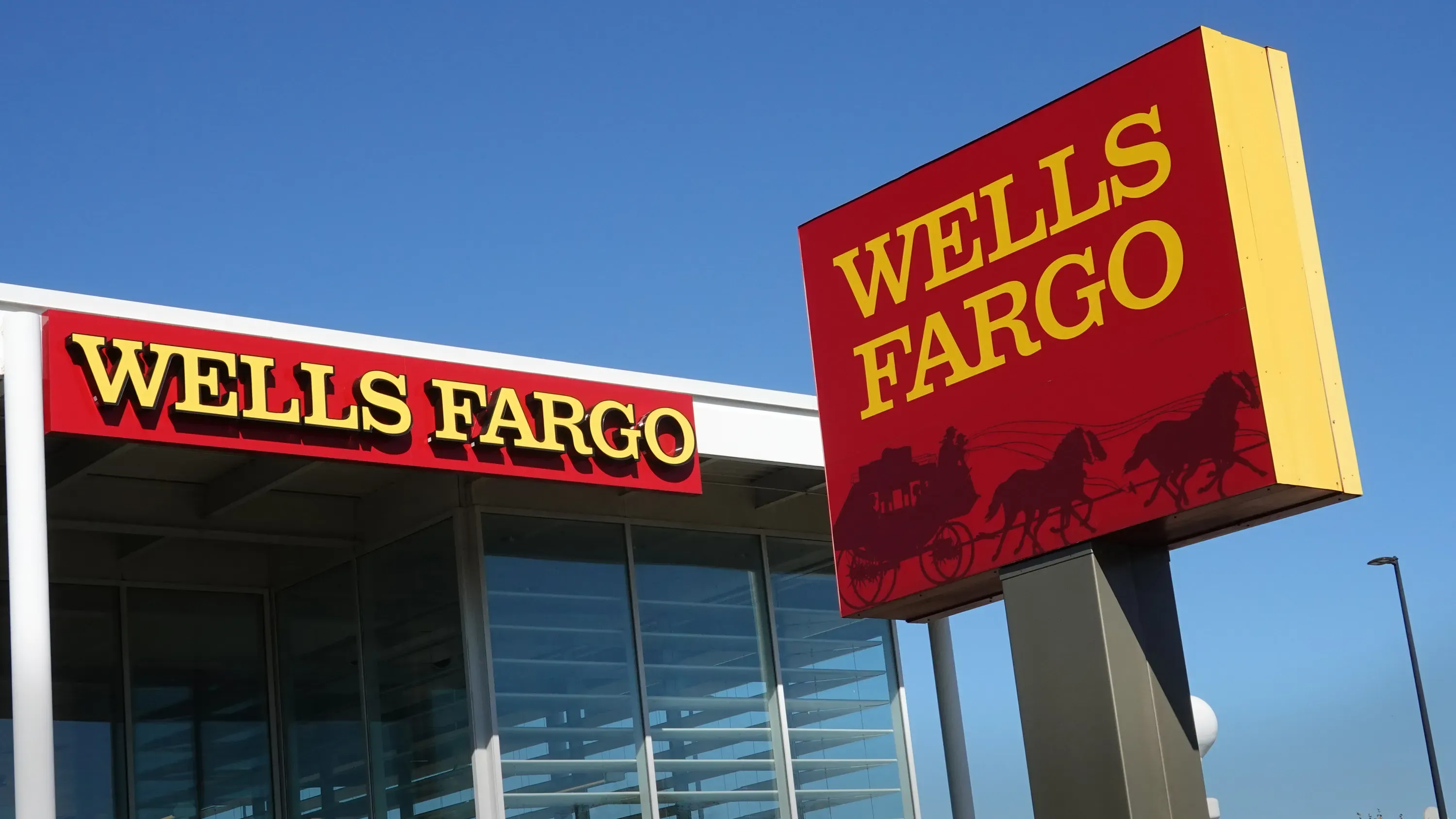The Economy And Stock Market Won't Be Tanked By The Banks, Goldman Says.
Is the stock market supposed to crash? Without counting dividends, the S&P 500 index has managed to rise nearly 4% despite bank failures and bailouts this year.
The price dropped 20% last year, so we could call that a rebound. Nevertheless, valuations don't seem particularly rebound-worthy. At 18 times this year's earnings, the index is trading at an ambitious valuation.
Why doesn't anyone seem to be gnashing their teeth and despairing? I mean, besides Twitter.
A bearish outlook suggests a reckoning is just around the corner. A recent report by Morgan Stanley MS -0.35% stock strategist Mike Wilson indicates that earnings estimates are increasingly unrealistic. In his view, the recent underperformance of small-cap stocks and low-quality stocks means price/earnings ratios could fall precipitously and unexpectedly.
The analyst, who is an investment analyst at Goldman Sachs GS -0.38%, predicts the market will remain flat, not slide, but stall. Earnings for the S&P 500 SPX -0.46% will rise by 1%, exceeding the consensus estimate by just a small margin, and the index will end the year at 4000, up a fraction of a percent from its recent level.
Is it possible that a credit freeze could be looming, where banks become stingy on loans as a result of deposit losses, impairing the economy? The top economist at Goldman, Jan Hatzius, has released a report laying out the case for not being alarmed.
A recession is more likely than previously thought, but Hatzius estimates the probability is only 35%, well below the consensus estimate of 60%. For four reasons, the current economic climate looks better than it did 15 years ago when the financial sector was ravaged by a bank-led recession.
As of last October, banks have been tightening up on credit. It is unlikely that large banks will further reduce lending, due to their higher liquidity standards.
Third, investing in Treasury bonds has pushed prices higher and reduced paper losses for lenders because of the crisis, which was sparked in part by banks' losses on Treasury bonds. As a result, assets at the center of the crisis have gained value, which is the opposite of what occurred in 2008.
In addition, small banks were already having trouble supplying loans in the commercial real estate sector, so a reduced supply might not make much of a difference.
Accordingly, Hatzius expects banks' current crisis to be a "headwind and not a hurricane." Is it safe to set out my patio furniture now?
It's important to note that the economy is not the same as the stock market. There is a possibility that share prices will fall in the near term, regardless of whether a recession takes place.
Furthermore, I am not sure who is right. I don't have a good sense of timing when recessions, bank runs, or stock market crashes are going to occur since these trends are the result of human behavior, which is very unpredictable. The fact that you personally are a beacon of stability, dear reader, consumer, depositor, and investor is a stark contrast to the moodiness of all the others. In the interest of full disclosure.
Most of the time, I predict that the things that usually happen will occur now. The stock market rarely crashes. Collapses of banks are rare.
But there's also a very good chance that something weird and clearly bad could happen instead. Your portfolio should include a variety of bonds, including short, safe bonds.
There is good news, however, in that Treasury bills still pay around 4.9%. Earlier this month, Treasury bills yielded over 5%. Last year, the rate was less than 0.25%.

Subscribe to our newsletter!
As a leading independent research provider, TradeAlgo keeps you connected from anywhere.








